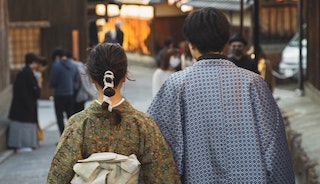TOKYO, Sep 27 (News On Japan) - Patients with 'pool fever,' a viral infection often spread in public swimming pools, have reached their highest level in 10 years.
Pharyngoconjunctival fever is an infectious disease caused by adenovirus, which can result in symptoms like high fever, sore throat, and conjunctivitis, primarily affecting children. It can be transmitted through contact in swimming pools or by sharing towels.
According to the National Institute of Infectious Diseases, the number of patients reported by 3,000 pediatric medical facilities nationwide has increased for the fifth consecutive week, reaching 4,539 patients by Sept 17.
The average number of patients per medical facility stands at 1.45, surpassing the previous week's 1.26, making it the highest in the past decade.
Looking at the breakdown by prefecture, Fukuoka Prefecture has the highest average number of patients per medical facility at 4.65, followed by Osaka Prefecture at 4.09, both exceeding the "3.0 patients" threshold considered as an alert level.


 by
by 












